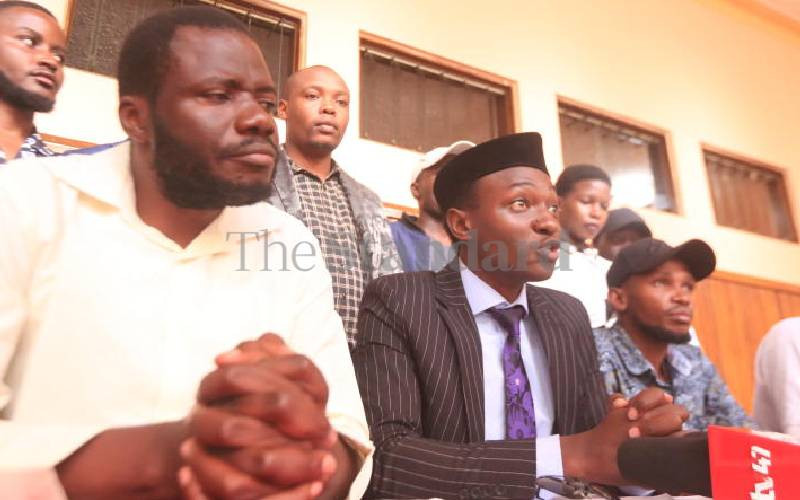×
The Standard e-Paper
Fearless, Trusted News

The Teacher's Service Commission (TSC) commenced disciplinary action against Junior Secondary School (JSS) intern teachers for having demonstrated against discriminatory employment terms.
This, notwithstanding that Kenya National Union of Teachers (Knut) engaged TSC after stakeholders convinced the teachers to resume work, which they did. Media reports indicate that 742 teachers were served termination letters by June 11, 2024.







